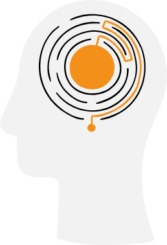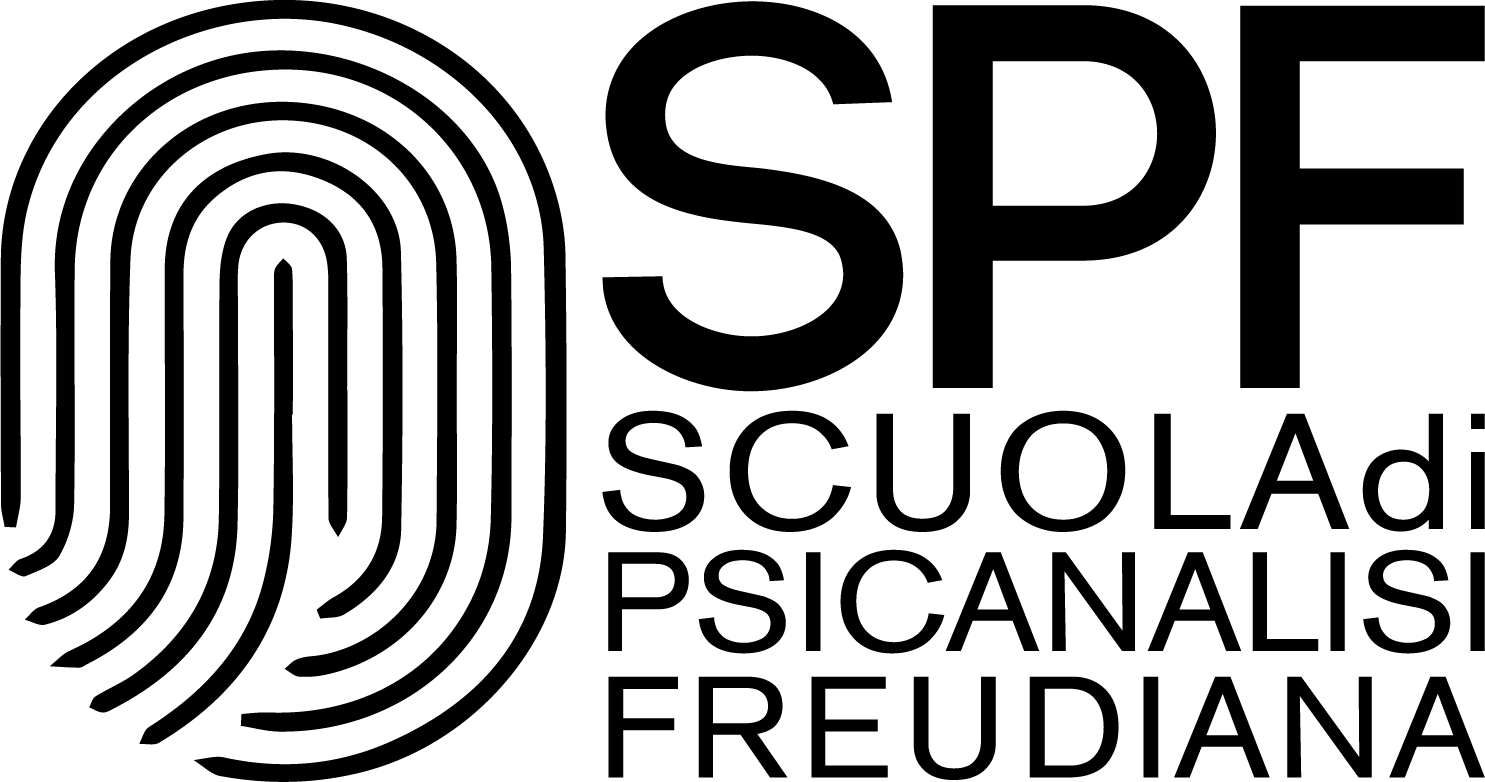
The definition of psychoanalysis
Psychoanalysis is the science of the unconscious established by Sigmund Freud. Its body of theory is constituted by Freud’s milestones and by the contributions of later authors who built thereon without fundamental contradictions. In the preface to the “Dictionary of sexology” by Max Marcuse published in 1922, Freud delineated a more precise and detailed definition of psychoanalysis, according to which this is:
- firstly, a method for investigating psychological processes otherwise inaccessible;
- secondly, a treatment against neurotic disorders, which is based on such investigation;
- thirdly, a body of psychological knowledge obtained in this manner, which gradually accumulates and converges into a new scientific field.
Psychoanalysis as a science of nature
Sigmund Freud’s work has always stood on the oft-repeated need to establish psychology as a natural science.
The School of Freudian Psychoanalysis has sought to identify and emphasize (in open and sentient contrast with post-Freudian developments) the naturalist and rationalist foundations that constitute indispensable prerequisites to do theory and practice in psychoanalysis.
This endeavor mainly addresses two aspects:
- a methodological aspect, which entails the normative elements inherent in the empirical character of psychoanalysis: that is, the logical and experimental protocols that bestow rationality on psychoanalytic practice (justifiability and falsifiability);
- an epistemological aspect, which regards the construction of the objectivity inherent in psychoanalytic theory (metapsychology).
Our aim is to restore a regime of conformity (consistency) without which there is no science, against a background of often outrageous deformity that characterized the development of psychoanalysis over the second half of the 1900s. From our viewpoint (which is, as stated earlier, the same as Freud’s), psychoanalysis is neither an initiatory technique for self-realization nor conceptual poetry: it is a science, akin to all others, albeit not devoid of peculiarities. Any attempt to apply a methodological paradigm born in other contexts and not alien to the world of psychoanalysis, with the illusion to thereby address issues of experimental control and respond to criticism about the validity of the theory, is hazardous and harmful. As it is happening in other fields, the route to pursue is rather that of establishing an internal epistemology, able to take account of the peculiarities of psychoanalysis.
The theoretical body of psychoanalysis is Metapsychology, which Freud elaborated upon rigorous empirical validation. The name “metapsychology” reflects Freud’s intent to develop a theory that was able to describe psychological processes (even those outside consciousness) in their topical, economical and dynamical relations.
Unlike psychotherapies and other trends in psychoanalysis, Freudian psychoanalysis rests on exceptionally a modest technical manual. Freud devoted only six essays about his psychoanalytic technique.
Undergoing personal analysis
Whoever seeks to undergo personal psychoanalysis or to have more information in regard is invited to consult the webpage about the associates and analysts of the School, and to choose the analyst who might be best to contact based on affinity and geographical preferences. Before starting the analysis, one or more preliminary chats are needed to roughly understand the issues and ascertain whether or not there be patient-analyst compatibility.
The School promotes a standard analytic process, in line with Freud’s tradition. Effort is required from both the patient and the analyst, in order for the analysis to proceed effectively. Details on the analytic process and its costs can be discussed with the chosen analyst in person.

Psychoanalysis as a method of investigation and treatment
What we said in “Psychoanalysis as a science of nature” allows us to elucidate the reasons why psychoanalysis may not simply be regarded as mere psychotherapy, and whereby psychoanalysis falls outside the jurisdiction of Law 56 that in Italy regulates the profession of clinical psychologists. These reasons are essentially two:
- As Freud never stopped reiterating, training in psychoanalysis, like that in biology, chemistry and physics, must be conceived of as first-level, and not as second-level training. In other words, psychoanalysis cannot be taught as part of postgraduate or specialist degrees in medicine or psychology. (Cf. “The psychoanalyst’s training” section.)
- Psychoanalysis has always been a method of investigation, an epistemic tool first and foremost. In many cases, such a method of investigation turns out to be an excellent therapeutic method as well. Any therapeutic effect is however invariably dependent on the primacy of the epistemic function of psychoanalysis. In other words, therapeutic benefits arise insofar as the epistemic goal is attained, although they do not just follow suit: in psychoanalysis, that between knowledge and therapy is not a logical implication. For them to arise, therapeutic benefits should not be chased directly: this very fact alone precludes any account of psychoanalytic treatment as psychotherapy. The attainment of objective knowledge about the subject under analysis must always be the sole legitimate goal of the treatment.

The choice for lay psychoanalysis
The School of Freudian Psychoanalysis has always been and intends to remain a traditional association for training and research within the international psychoanalytic movement. In this sense, it is an association of lay psychoanalysis, therefore neither medical nor psychological, even though it admits both physicians and psychologists among its members. Neither it is should be counted among existing associations for training in psychology or psychotherapy, because we never wanted it to.
The reason behind our choice to leave ourselves out of the jurisdiction of Law 56/89 (about the institution of the professional order of psychologists and regulation of psychotherapy) is that the School considers the psychotherapy training required by the State insufficient, irrelevant and obstructive to pursue adequate psychoanalytic training. The School does not maintain that there should be no regulation of self-employment complying with the Italian and European legislation. Instead, we believe Law 56/89 was conceived for different contexts than that of psychoanalysis (as the lawmakers themselves admitted) and therefore inapt to preserve the integrity of psychoanalytic expertise, practice and research.
